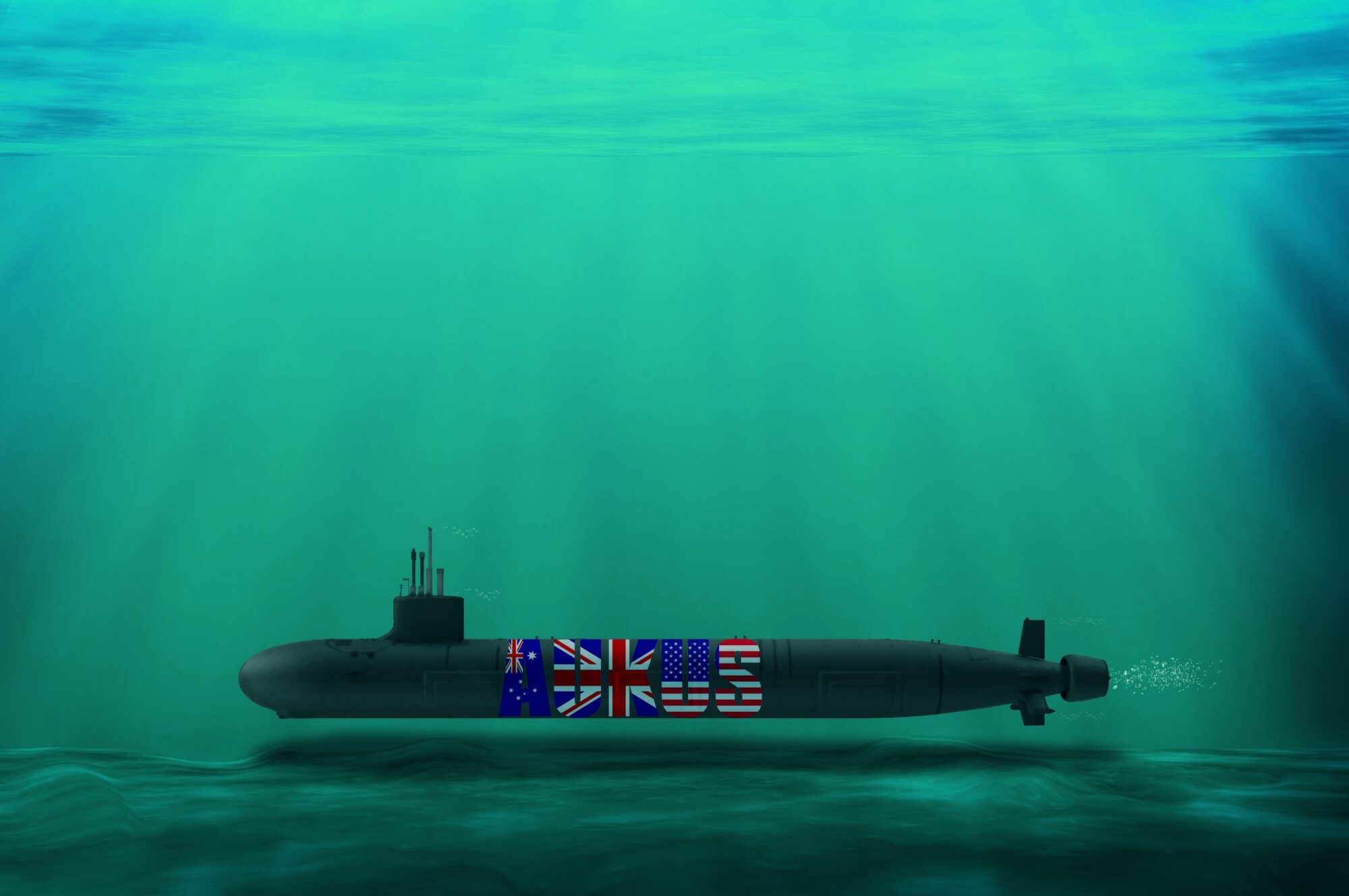
According to anonymous sources within the U.S. government, Australia will be acquiring American nuclear-powered submarines, Reuters reported on Thursday, March 9th.
As part of AUKUS, the landmark defense partnership between Washington, Canberra, and London meant to counter China’s growing military influence in the Indo-Pacific, up to five Virginia-class submarines would be incorporated into the Australian navy as soon as the early 2030s.
Currently, Australia has an aged fleet of six conventionally powered Collins-class submarines, which, after an extension, will only remain in service until 2036.
The Virginia-class submarines are only a stopgap measure in strengthening Australia’s military until a promised fleet of nuclear-powered submarines—of British design and made with American technology—is available. It is estimated it would take about 20 years for these to be built, however.
Shipyards in the U.S. would handle the first submarines, after which the UK will take over, and provide the next-generation versions.
In the intervening years, according to an unnamed official quoted by Reuters, at least one U.S. submarine will make rotating visits to Australian ports.
Next Monday, U.S. President Joe Biden will host Australian Prime Minister Anthony Albanese and his British counterpart Rishi Sunak in the Californian naval city of San Diego.
Further plans for the AUKUS alliance would be revealed, which sources say would include the provision of the nuclear-powered submarines and other high-tech weaponry to Australia.
Equipped to carry out long and virtually undetected missions, nuclear-powered submarines can travel great distances underwater, at higher speeds, and for extended periods of time.
Cooperation on artificial intelligence, quantum computing, cyber warfare, and missiles would also be on the table.
Ever since the announcement of the AUKUS deal in September 2021, details of the arrangement have remained vague. The U.S., however, sees it as a crucial counterbalance to China’s increasingly bold economic, diplomatic, and military moves in the Indo-Pacific.
Not surprisingly, with its formation, the new alliance caused a geopolitical ripple effect, prompting China to issue a warning that such an entity would undermine “regional peace and stability” as well as the international order.
As recently as Tuesday, March 7th, China’s new Foreign Minister, Qin Gang, offered a stern rebuke of U.S. policies, among which its dealings in the Indo-Pacific region in a bid to keep China at bay.
“If the U.S. does not hit the brakes, but continues to speed down the wrong path, no amount of guardrails can prevent derailing, and there will surely be conflict and confrontation,” he warned.
In the process, Australia managed to anger France as well. Then-Prime Minister Scott Morrison, favoring the aforementioned submarine deal with the U.S. and the UK, decided to renege on his government’s long-standing, and wildly lucrative, $66-90 billion deal with France, which was supposed to sell twelve of its diesel-electric submarines.
At that year’s November G20 Summit, while speaking to the Australian press, President Emmanuel Macron hit out at Morrison, accusing the erstwhile leader of having lied to him, which left French-Australian relations strained.
Despite a change in Australia’s government since then, Canberra remains equally in favor of AUKUS. Only last month, Prime Minister Albanese said that the alliance “will be the single biggest leap in our defense capability in our history.”
